THE SHADOW WAR WITHIN: WHY FLUSHING OUT FIFTH COLUMNISTS IS THE FIRST REAL VICTORY IN NIGERIA’S SECURITY REVOLUTION
– Sadiq Mohammed
An army can survive enemy fire, but no nation survives betrayal from within. Every battlefield has two fronts: the visible one where soldiers face insurgents and bandits, and the invisible one where information leaks, compromised officers, and covert sympathizers undermine operations long before a shot is fired. Nigeria’s fight against terrorism has never been solely about forest terrain, remote enclaves, or kinetic operations; it has always been, in equal measure, a war against infiltration, internal compromise, and sabotage of national will.
 The term fifth columnist did not originate in Africa, yet it describes, with painful accuracy, the underbelly of Nigeria’s security challenges. It was born in 1936 during the Spanish Civil War, when General Emilio Mola declared that he had four columns advancing on Madrid and a fifth column of sympathizers inside the city ready to sabotage it from behind the lines. From that moment on, military doctrine has treated internal traitors as strategic force multipliers for the enemy. They supply intelligence, disrupt logistics, compromise troop movements, undermine morale and, in the age of digital warfare, leak sensitive operations to the open world with a single reckless post.
The term fifth columnist did not originate in Africa, yet it describes, with painful accuracy, the underbelly of Nigeria’s security challenges. It was born in 1936 during the Spanish Civil War, when General Emilio Mola declared that he had four columns advancing on Madrid and a fifth column of sympathizers inside the city ready to sabotage it from behind the lines. From that moment on, military doctrine has treated internal traitors as strategic force multipliers for the enemy. They supply intelligence, disrupt logistics, compromise troop movements, undermine morale and, in the age of digital warfare, leak sensitive operations to the open world with a single reckless post.
History is full of wars lost not by superior enemy firepower but by the invisible hand of internal betrayal. In World War II, the fall of France was accelerated by Vichy collaborators whose intelligence leaks crippled the French defensive posture. In Vietnam, U.S counterinsurgency efforts repeatedly collapsed because Viet Cong sympathizers inside villages and government structures provided perfect foreknowledge of American movements. Even Iraq’s post-2003 instability was fueled by embedded Ba’athist remnants who passed U.S and Iraqi troop locations to insurgent cells, making ambushes almost predictable.
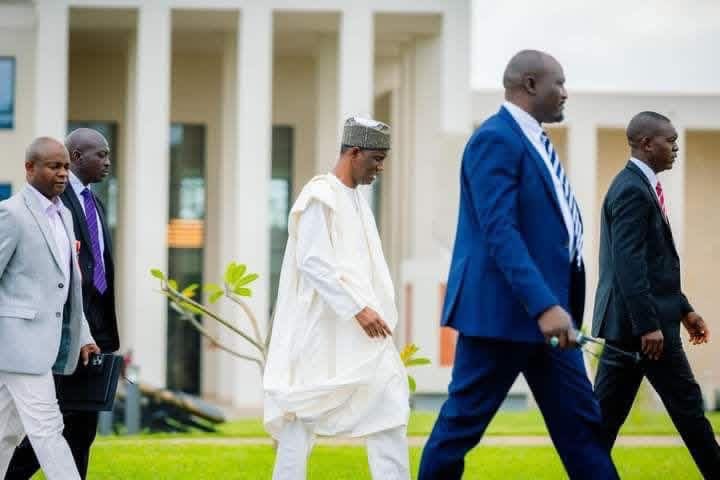 Internal sabotage is not an academic matter; it is the fracture point where nations bleed.
Internal sabotage is not an academic matter; it is the fracture point where nations bleed.
Nigeria has lived with this burden for years. Every successful ambush, every mysteriously intercepted convoy, every operation compromised before it even began carries the fingerprints of internal compromise. The theatre of operations in the North East, North West and the Lake Chad region has long been polluted by actors using the cover of uniform, office, or privilege to feed insurgent groups, sometimes for ideology, sometimes for money, sometimes for tribal loyalties and sometimes simply to maintain a profitable chaos.
The recent exposure of reckless social-media leaks about U.S ISR flights over Lake Chad is a textbook example of the operational damage a fifth columnist can inflict. A single leak can disperse enemy formations, fortify their hideouts and neutralize days of high-value intelligence collection. ISWAP fighters do not need clairvoyance when compromised Nigerians do the reconnaissance for them.
But something has shifted.
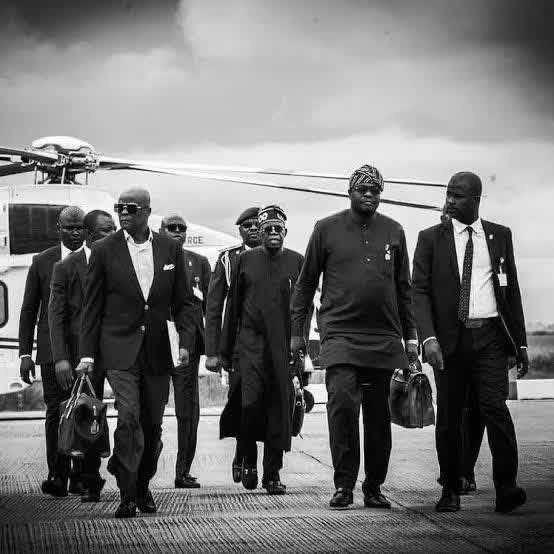 A silent purge has begun within the security architecture. The Nigerian government appears poised to sanitize the operational theatre, flush out internal saboteurs and reset the battlefield for a joint Nigeria–U.S counter-terrorism posture. When a government begins to dismantle embedded interests that profit from insecurity, the war changes shape. Intelligence warfare becomes tighter. Operational secrecy returns. Bandit camps lose their strategic early-warning signals. ISWAP cells lose the bureaucratic eyes that once watched on their behalf.
A silent purge has begun within the security architecture. The Nigerian government appears poised to sanitize the operational theatre, flush out internal saboteurs and reset the battlefield for a joint Nigeria–U.S counter-terrorism posture. When a government begins to dismantle embedded interests that profit from insecurity, the war changes shape. Intelligence warfare becomes tighter. Operational secrecy returns. Bandit camps lose their strategic early-warning signals. ISWAP cells lose the bureaucratic eyes that once watched on their behalf.
For the first time in years, criminals are losing the only advantage that sustained them: protection from within.
Nigeria stands at the edge of a decisive transformation. Before any nation wins a kinetic war, it must win the intelligence war. Before insurgents are defeated in the bush, they must be defeated in the ministries, barracks, offices and command structures where betrayal once lived comfortably. Fifth columnists thrive in disorder; cleansing them is not just an administrative exercise, it is the precondition for victory.
The coming months may mark the beginning of the most significant strategic turnaround in Nigeria’s modern security history. A nation that cleans its house before marching to battle is a nation preparing to win. And as the internal saboteurs lose ground, Nigeria’s enemies, for the first time, will face the full weight of a unified state, an aligned command structure and an intelligence architecture no longer riddled with leaks.
When the shadows are removed, the war becomes clearer.
When the traitors are flushed out, the enemy loses its map.
And when a nation fights with one mind, no insurgent network can survive the long war.
If Nigeria succeeds in this internal purge, the battlefield will finally tilt, not because the enemy has grown weaker, but because the state has finally removed the hands that were quietly strengthening them.







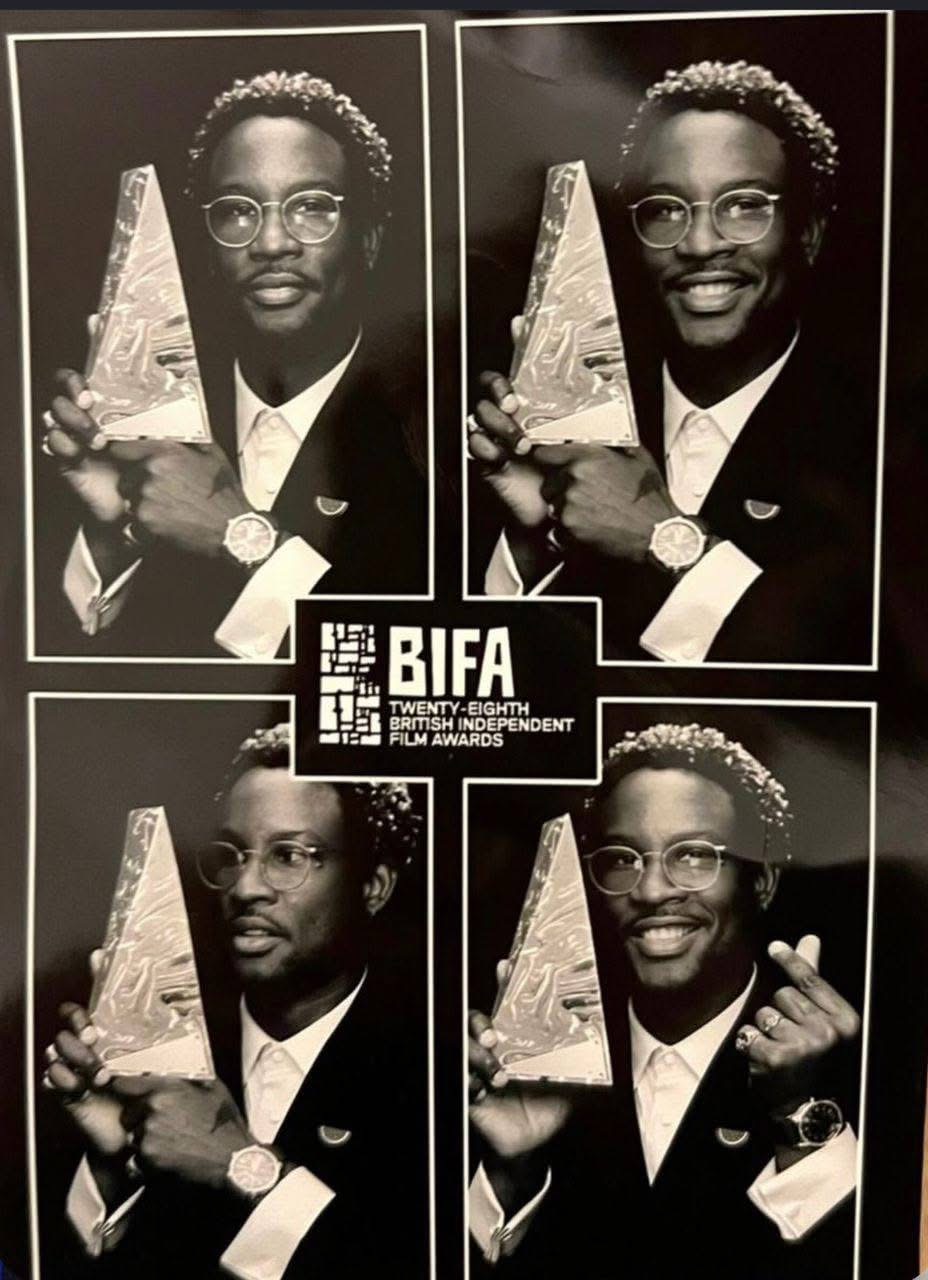


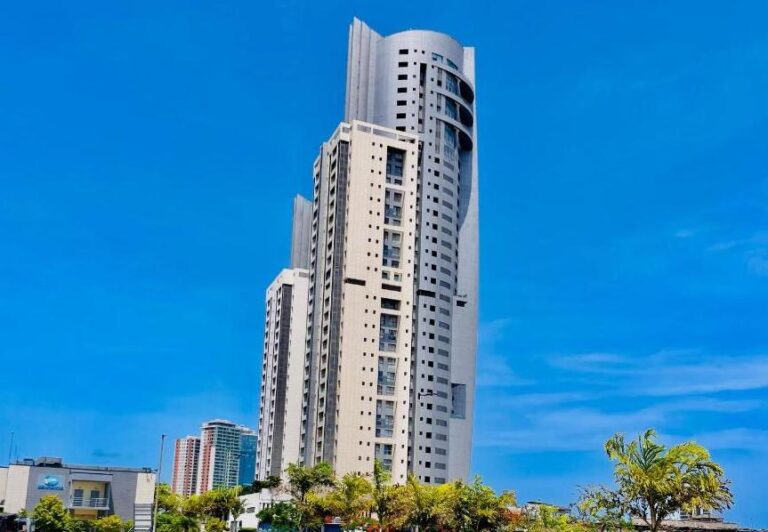
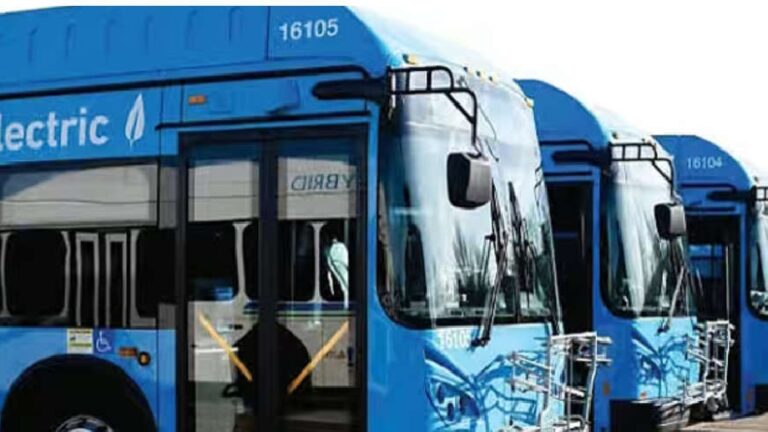


 The term fifth columnist did not originate in Africa, yet it describes, with painful accuracy, the underbelly of Nigeria’s security challenges. It was born in 1936 during the Spanish Civil War, when General Emilio Mola declared that he had four columns advancing on Madrid and a fifth column of sympathizers inside the city ready to sabotage it from behind the lines. From that moment on, military doctrine has treated internal traitors as strategic force multipliers for the enemy. They supply intelligence, disrupt logistics, compromise troop movements, undermine morale and, in the age of digital warfare, leak sensitive operations to the open world with a single reckless post.
The term fifth columnist did not originate in Africa, yet it describes, with painful accuracy, the underbelly of Nigeria’s security challenges. It was born in 1936 during the Spanish Civil War, when General Emilio Mola declared that he had four columns advancing on Madrid and a fifth column of sympathizers inside the city ready to sabotage it from behind the lines. From that moment on, military doctrine has treated internal traitors as strategic force multipliers for the enemy. They supply intelligence, disrupt logistics, compromise troop movements, undermine morale and, in the age of digital warfare, leak sensitive operations to the open world with a single reckless post. Internal sabotage is not an academic matter; it is the fracture point where nations bleed.
Internal sabotage is not an academic matter; it is the fracture point where nations bleed.